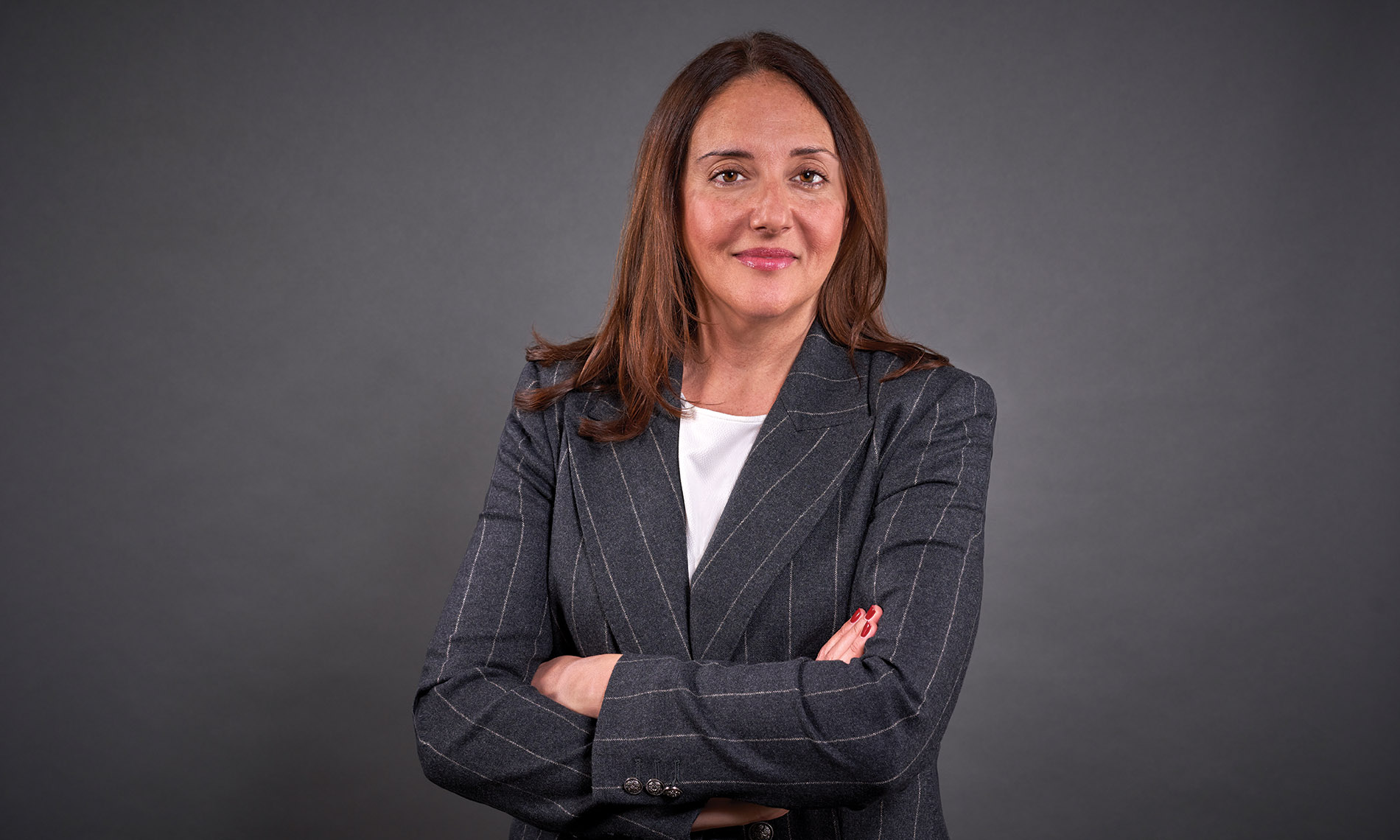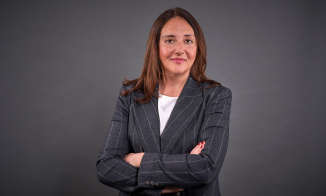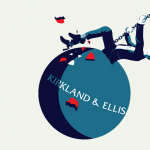Kirkland & Ellis’ Sara Pickersgill on switching track from opera singer to infrastructure lawyer and why The Lion, the Witch & the Wardrobe offers salient lessons for a career in the City
Why did you want to be a lawyer and why infrastructure in particular? Has it delivered what you expected?
I didn’t initially set out to be a lawyer. I had maths, physics and music A-levels and went to Cambridge University on a choral scholarship. I quickly realised that I did not have the money to support myself pursuing my dream of being an opera singer so, after my first year, I switched to a degree in social and political sciences. On graduating, I had little desire to work in politics and I wasn’t sure my knowledge of the history of political thought from Plato through to Locke would otherwise have much application in the real world. I assessed my options and applied to various law firms for a training contract. I confess I was more than slightly surprised that I got some offers. I subsequently met my husband through a work colleague while I was a trainee so I am convinced that a career in law must have been fate!
I qualified into private equity in 2004, attracted to the buzz and pace of the deals and started focusing on the infrastructure space for PE sponsors.
I qualified into private equity in 2004, attracted to the buzz and pace of the deals and started focusing on the infrastructure space for PE sponsors and infra funds just as infrastructure was emerging as a separate asset class. As a junior lawyer I loved using my private equity training and skillset learning about assets that enable our day-to-day life and the regulatory regimes within which they operate. Roll forward 20 years and I still enjoy the combination of the commercial and technical nature of the transactions in infrastructure.
What have been the top deals of your career so far and why?
A few that really stand out are:
- Advising 3i Infrastructure on the acquisition of Global Cloud Xchange, the largest private network of subsea fibre network cable in the world, operating in over 40 jurisdictions. The sheer number of jurisdictions and dealing with 40 different regulatory frameworks made it a very challenging deal to get done.
- Advising DigitalBridge and Brookfield on the €17bn acquisition of Deutsche Telekom’s telecoms towers infrastructure business, a large deal with complex issues calling for the creation of commercial and workable solutions.
- The sale of Electricity North West, one of the UK’s electricity distribution networks. The Labour opposition party, led by [Jeremy] Corbyn, published their plan for nationalisation of the UK’s energy networks just before binding bids were due, stalling the whole transaction. It took some time and negotiation and some creative structuring, but we ultimately managed to get the deal over the line.
What has been your proudest professional moment?
Seeing people I mentored over the years make partner. In May last year Emma Shelston, Eimear Coady and Michael Snook all made partner at different firms across the City. I was immensely proud. It made me realise that what we pass on to the people who follow us is far greater than anything we can achieve on our own.
What has been your biggest professional challenge and what did you learn from it?
Ten years ago, coming back from maternity leave at my former firm as a junior partner with a fledgling practice, and with only one other female M&A partner (out of a team of 40 or so corporate partners). Most people will take a period of time away from work at some stage in their career, be it a sabbatical or gardening leave, but what is particularly difficult about parental leave is that it often occurs when practices and client relationships are at their starting stages and not yet solidified. My experience made me determined to try to run my teams in a way that we can support people to take time away at crucial periods in their lives without being concerned about how to reintegrate when they are ready to return.
What is the best part about being an infrastructure partner?
Being at the centre of challenging and innovative transactions, all of which relate to assets that make society function. More often than not, our infrastructure team’s work involves transactions that are crucial to energy transition and others that are key for digital innovation.
Would you recommend a life in City law to your younger self?
Yes. It’s hugely rewarding, the work is challenging and interesting and I get to work with excellent colleagues and clients. But transactional work is demanding and inevitably there are some pressures along the way. It is important to ensure that you build the support you need around you, both in the office and outside of work.
What advice would you give to those who want to get to where you are?
Firstly, pick something you love doing and do it only for as long as you love it. Get noticed and don’t assume that it will just happen without getting out there and telling people, in an unarrogant way, what you are doing. And stay humble (because nobody is that important).
What do you think is the most important change that needs to happen in City law?
More diversity – law firms are taking the right steps, but it takes time and real commitment to change. But things are moving in the right direction.
What do you think is the biggest challenge facing your clients in the infrastructure sector?
Historically, the biggest challenge was the amount of capital chasing good assets. In the current macro environment, we have seen a real flight to quality, though this has presented opportunities to discerning fund managers to do innovative and creative bilateral deals around assets which may previously have attracted multiple bidders ending in a cost of capital shoot out.
And finally – what was your favourite childhood book and why?
C.S. Lewis – The Lion, the Witch and the Wardrobe: all about courage, friendship, loyalty, bravery and sacrifice. Good lessons for a career in the City! LB













